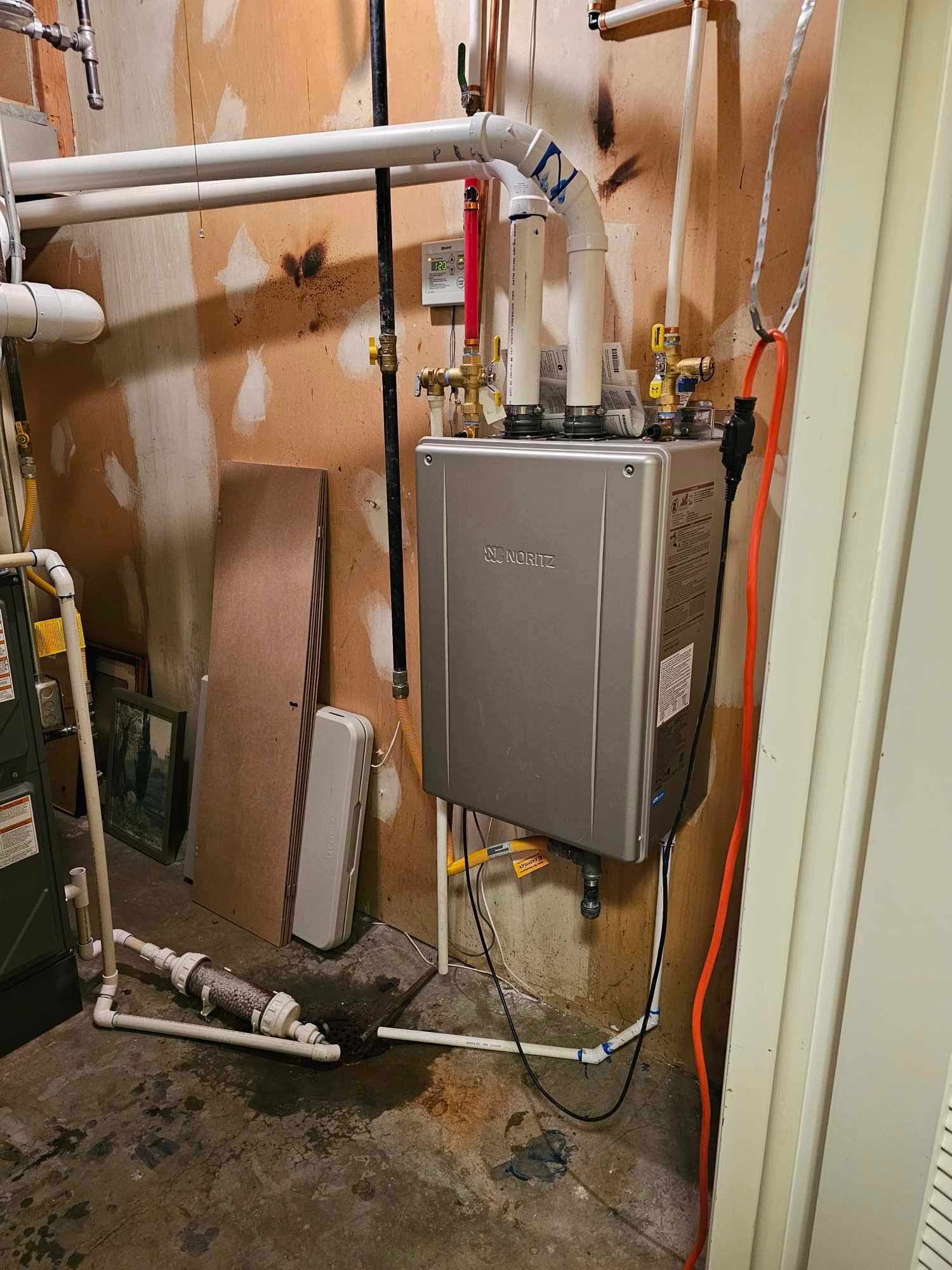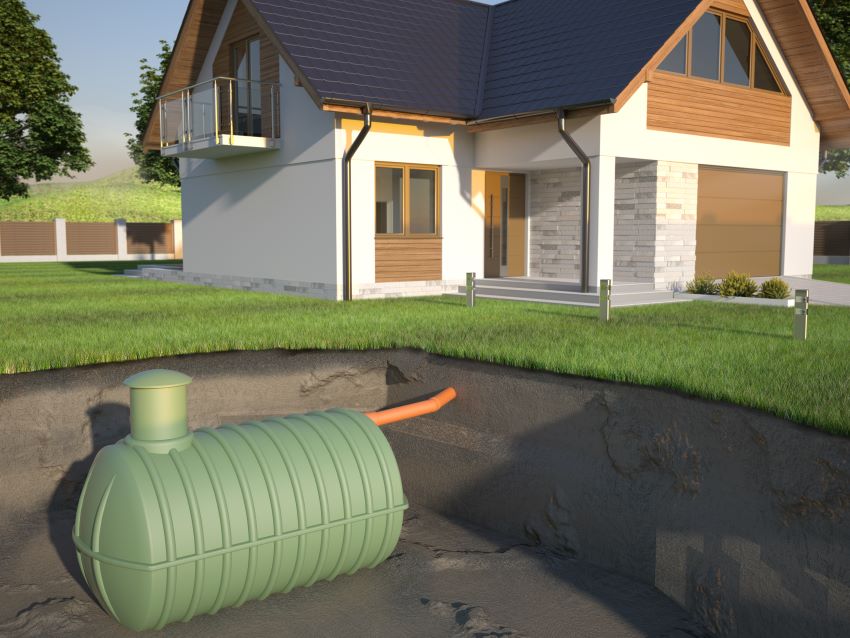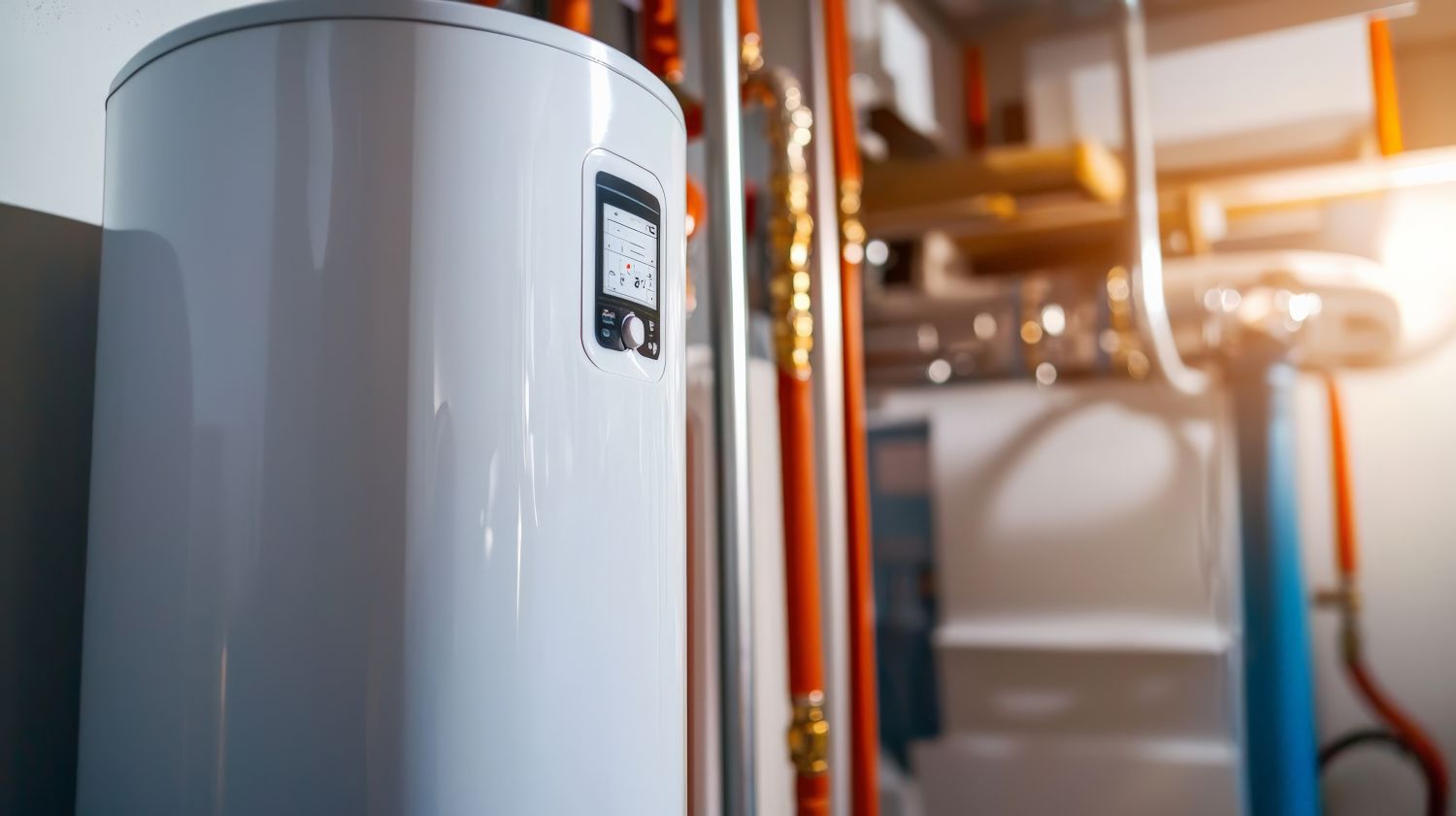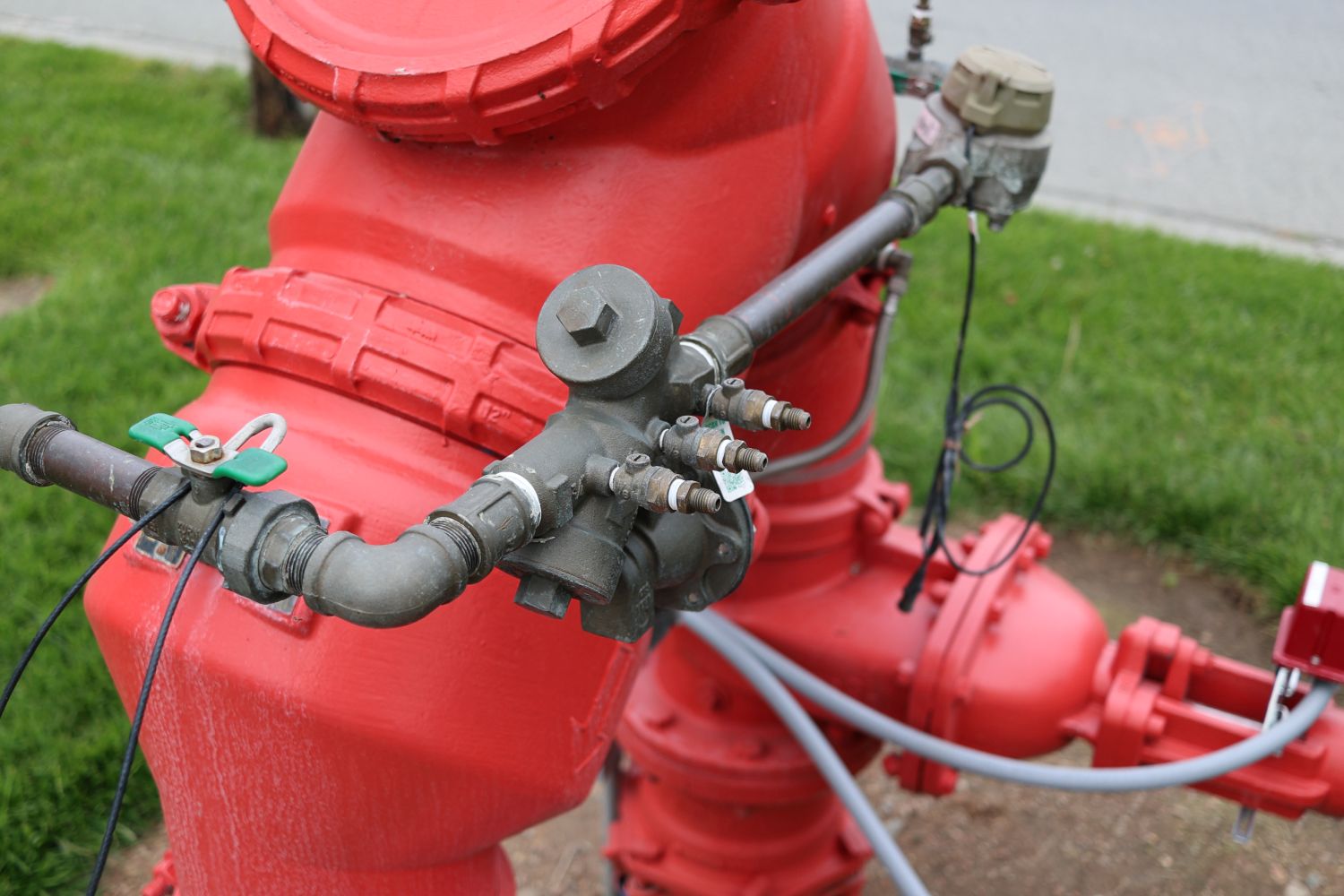
Ultimate Tankless Water Heater FAQ
Ultimate Tankless Water Heater FAQ Tankless Temptation? Utah’s Plumbing Pros Answer Your Burning Questions. Tankless water heaters are revolutionizing how Utah homes and businesses experience

A septic tank is a sizeable storage tank that holds human biological waste products. At the same time, all-natural bacterial activity separates it into three parts– gases, water (combined with some components not taken in by bacterial activity), and solids. In time, the gases and water are eliminated from the tank into the surrounding environment. Gas flows through vents while the fluids travel through tubes into a circulation area. Finally, the solids sink to the base and must be regularly pumped out and cleared. Sewer systems are more common because local municipalities maintain and run them. However, septic systems have become more prevalent in recent years because they are an environmentally friendly alternative.
Common issues a septic tank can have
Now that we have covered what a septic tank does let’s discuss what can go wrong with them. A septic system is designed only to handle human waste, sometimes called grey or black water. Since things like your dishwasher, shower, bathtub, and toilets drain into a septic system, they are likely handling more than they were designed to. This includes soap, food waste, toilet paper, and more. This is one of the leading causes of issues with septic tanks that need to be addressed by a local plumbing company.
When a household uses too much water, it causes the tank to have too much extra water. A septic tank with too much water will have internal environmental problems. The primary being that solid waste will need more time to break down. This can cause the solids to travel through and clog the water distribution lines only meant to handle liquids. You can reduce the amount of water in your septic tank by extending the days between clothing-washing cycles. You can also shorten the length of showers and avoid double-flushing toilets unless necessary.
Detergents have phosphates to encourage algae growth within the tank and internal piping system. If you are using too much cleaner in your dishwasher or laundry machine, it may only be able to dilute some of the extra soap. Homeowners can accidentally use too much or the wrong type of soap in these machines. The plumbers are Plumbing Utah Heating & Air recommends using liquid or gel soap as they do not contain phosphates like powdered alternatives.
Just as it sounds, these materials will not break down due to natural processes. These items take up space and can cause your septic system to clog. This usually requires a professional to come flush and jet your septic tank. Whether you have a sewer or a septic tank, remember to only flush human waste and a small amount of toilet paper down your toilet. You should also avoid putting kitchen waste down your drain. This includes things like oil and grease and as little food as possible. A garburator should be connected to the system to help pulverize food as it breaks down differently than human waste. Remember, all non-biodegradable and even “flushable” products shouldn’t be flushed. This includes tampons, diapers, paper towels, and cigarette butts.
Along with the tips suggested above, avoid harsh chemicals that break down piping and fittings. If you have a leak or are experiencing problems with your septic tank, call Plumbing Utah Heating & Air at (801) 601-1298 to speak with a professional and schedule a dispatch today. One last tip. It is suggested that you flush your septic tank every 2 to 4 years to help ensure that your system will continue to run correctly.
Call Today

Ultimate Tankless Water Heater FAQ Tankless Temptation? Utah’s Plumbing Pros Answer Your Burning Questions. Tankless water heaters are revolutionizing how Utah homes and businesses experience

Does My Water Heater Run Harder in the Winter? When winter temperatures drop, the water heater in your house becomes one of the most critical

Backflow Prevention Systems During Winter Few parts are as important for preserving a safe and effective plumbing system as a backflow-preventing mechanism. Plumbing Utah has
© Copyright Plumbing Utah | All Rights Reserved